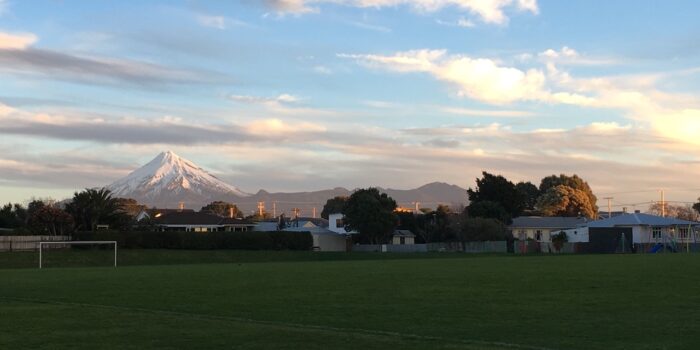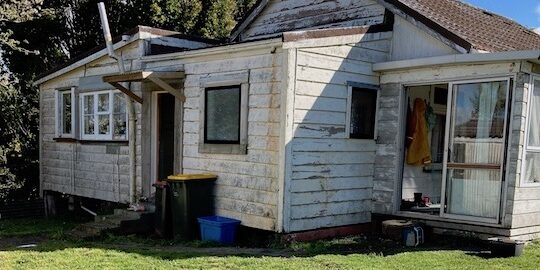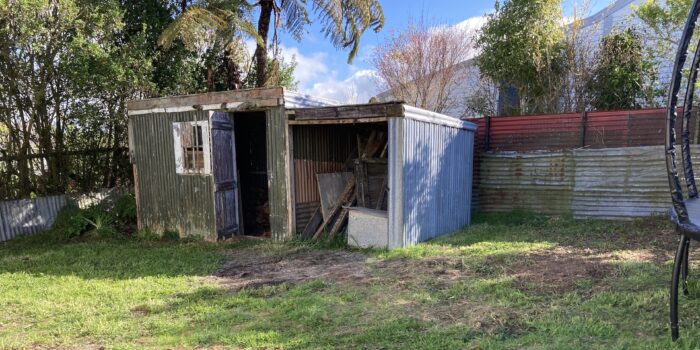How To Retire Without Owning A Home
Retirement is something that has started to feel unattainable to many because the retirement plan has traditionally involved a house. But it is possible to retire without owning a home!
The traditional Kiwi retirement plan
Traditionally the Kiwi retirement plan has been very simple.
You buy a house, you pay it off and either stay in your mortgage free house with significantly reduced expenses, and/or downsize to a smaller house releasing a lump sum from the previous, more valuable home.
Many simply rely on the above and the NZ Super, which is pension paid to all qualifying 65 year olds, which is not very much!
And to be honest, the NZ Super is designed with mortgage free home ownership in mind, which is less and less the reality these days.
So how do you ensure you are set for retirement even if you don’t own a home?
Read on!
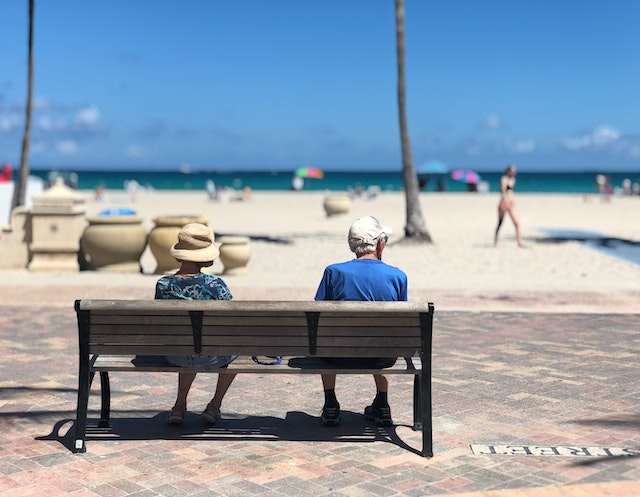
What can derail the traditional Kiwi retirement plan
Since the traditional Kiwi retirement plan relies heavily on home ownership, anything that delays or keeps you from that may derail your retirement plans too.
Even if you do buy a house sometimes life events may mean having to give that up and starting over later in life.
This could be a relationship breakdown where you need to sell your house to split your belongings. Depending on many factors it may be hard to buy a new house down the track. And it may be even harder to pay it off in time for retirement.
The other common scenario is that one can’t afford to buy a house in the first place, or simply doesn’t want to.
There are definitely pros and cons to home ownership and like everything relating to personal finance, whether owning a home is the right option for you is personal.
But not owning a home may make you feel vulnerable when it comes to retirement, so let’s chat how to prepare for retirement without owning one.
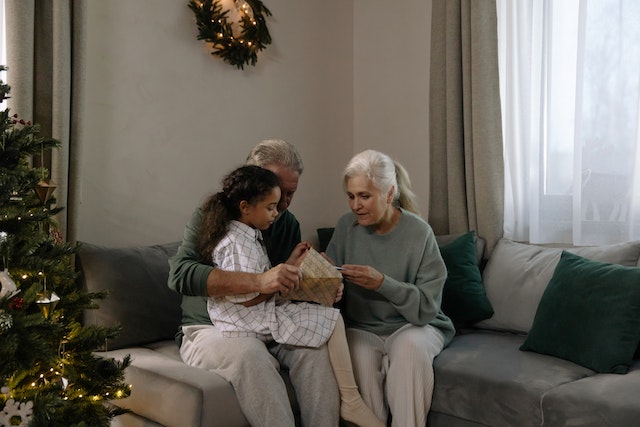
Retire without owning a home
So how do you prepare for retirement, without having property?
You can’t save your way to retirement (unless you maybe have a pretty incredibly high income and save A LOT of money!). But for many, simply tucking money aside into a savings account isn’t enough.
What’s left?
Investing.
Now investing may sound scary and foreign to you, and if it does, you are not alone. Which is a shame considering what an incredible (and let’s face it, an essential) tool it is when it comes to our financial wellbeing.
I won’t go into the risks and such in this post, as I have written quite a few on the topic. Here you can read about the risks in investing, here about the importance of diversification and here about portfolio construction. Additionally here you can find some common investment strategies.
Where to start
Like with anything, having a clear goal is important when it comes to retirement planning. But it can be a bit overwhelming trying to figure out how much you’ll need in retirement.
A good place to start is to estimate how much you think you’ll life will cost in retirement. Consider housing costs, utilities and the type of life you want to lead. Don’t forget whether you want to travel, spend money on kids or grandkids, maybe make donations and so forth.
This should give you an annual income figure that you will need to live the life you want to live.
Next step is to figure out where that money is going to come from every year. If you are planning to retire before the official retirement age (currently 65) you won’t be able to access NZ pension or anything in the KiwiSaver. This means that your retirement income needs to come from somewhere else.
But if you do plan to retire after the retirement age, you should take the pension and KiwiSaver into account. This means that you will need less additional investments in order to reach your desired retirement income.
(This of course assumes that there will be pension when you retire, BUT getting rid of the pension would hardly be a popular political agenda for any party to have. That could be a reassuring thought. But again, you never know.)
Anyway, you’ll be able to take the pension you’ll receive out of the amount you need to save.
Next up let’s consider KiwiSaver. KiwiSaver has some great benefits, being taxed lower than some other investments, getting the government contributions and if you are employed, the employer contributions. It can be a great way to boost your retirement savings with the extra money that gets put in there.
So, if you have a KiwiSaver set up, Sorted has some calculators for you to estimate how much you are projected to have in there for retirement, then you can take this amount out of how much you need to save in addition to it.
Where are we now?
You’ve estimated how much income you’ll need per year in retirement, then, if relevant, taken the estimated pension and KiwiSaver out of your desired income.
This now is your retirement income gap, and we need to figure out how to fund that.
There is a helpful rule of thumb in finance called the rule of 25. So, now you have the yearly income you need to get through investing. You multiply it by 25 and this will be the total amount you need to have invested in your portfolio.
This total portfolio should allow you to withdraw 4% of it every year, giving you the income you need. And since shares grow in average about 7%-10% per year, you should be able to maintain the capital, even after considering fees and inflation.
For example, you determine that you would need $20,000 per year investment income. $20,000 times 25 is $500,000. 4% out of $500,000 is $20,000. See how it works?
If you take out the 4%, you are left with $480,000, it grows about 10% to $528,000 in the following year. Then you take 4% again, and so on. In theory, this capital should last until you pass away and which you can leave as an inheritance, or you can change the amount you withdraw to use it all up.
Another approach would be to aim that your portfolio gives you your desired income yearly in dividends, in which case you would not be touching the capital at all. But this would require a much larger investment portfolio plus you should remember that dividends are never guaranteed.
When things change
When you are planning for something that is maybe even decades away in the future, things are bound to change.
Your idea of how you want to live in your retirement, when you want to retire, and things like how the KiwiSaver or the pension work may change. There is also no guarantee of how any of your income will be taxed in decades to come.
But if you make a plan now and start working on it, when things change you will most likely need to tweak your plan only a little and not start from scratch. That is a great advantage to have!
The whole point of this post? It is absolutely possible to retire without owning a home (or any property at all). You will just need to make some assumptions, and revisit those when necessary.
If you have any questions or want any clarification, just leave them below!




